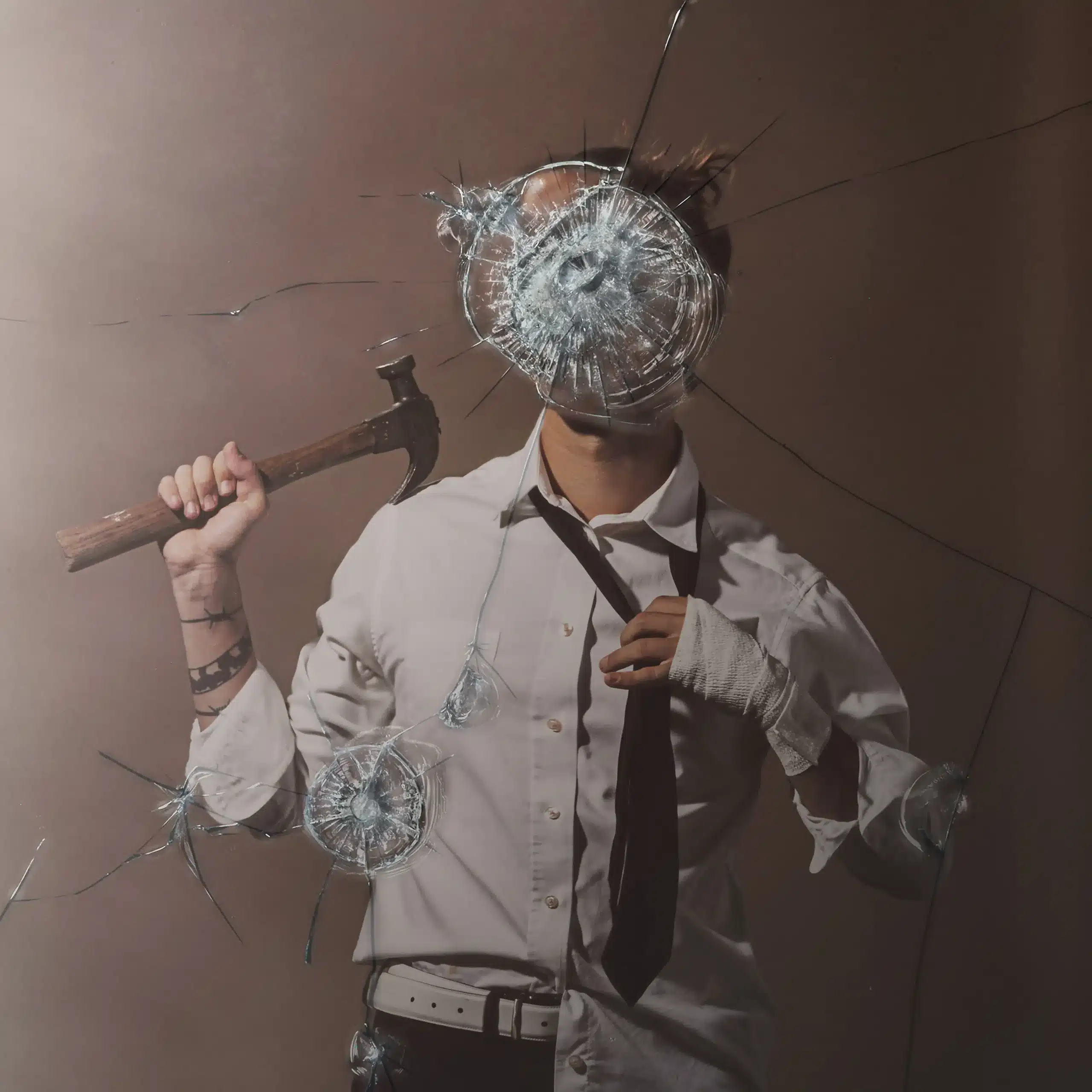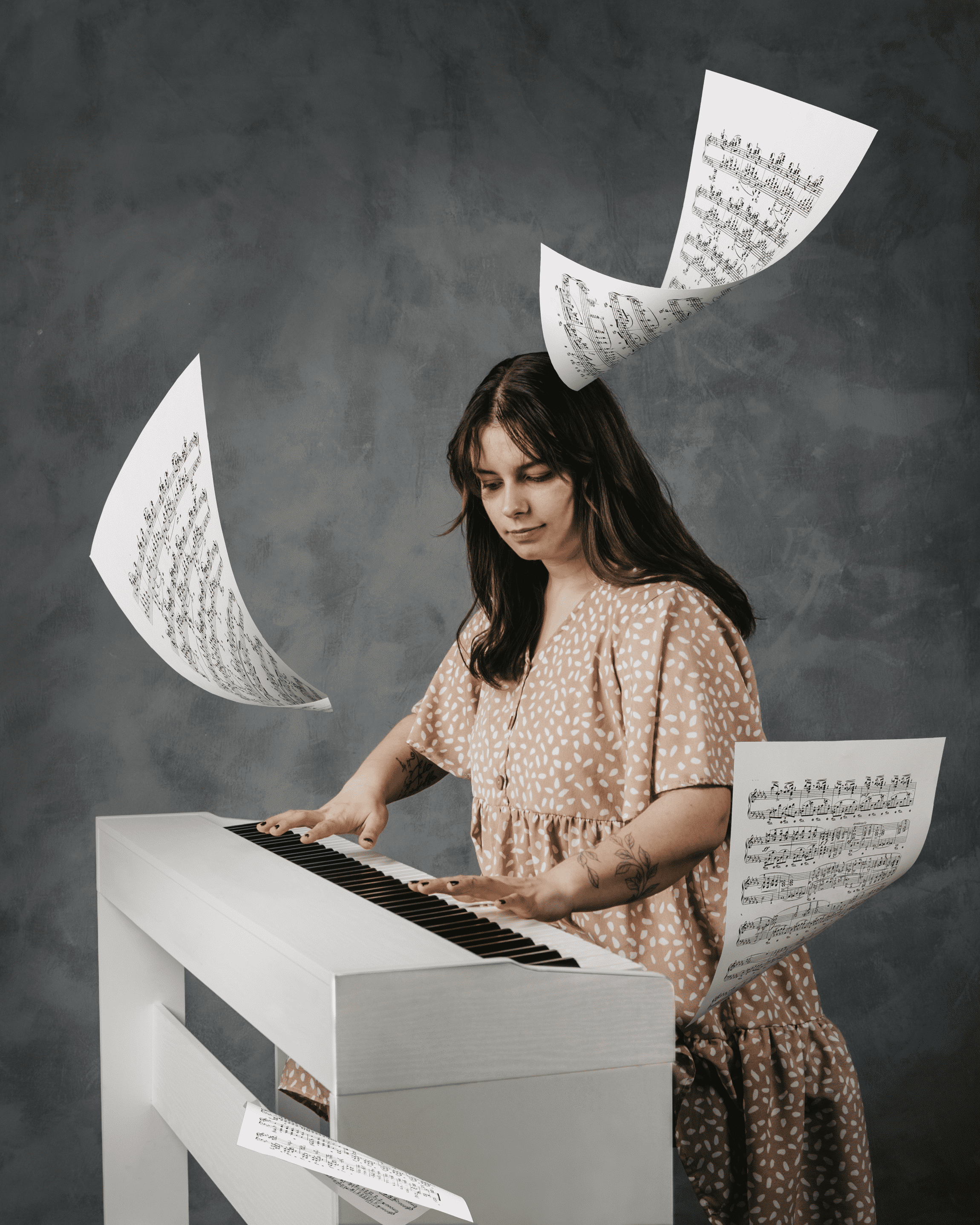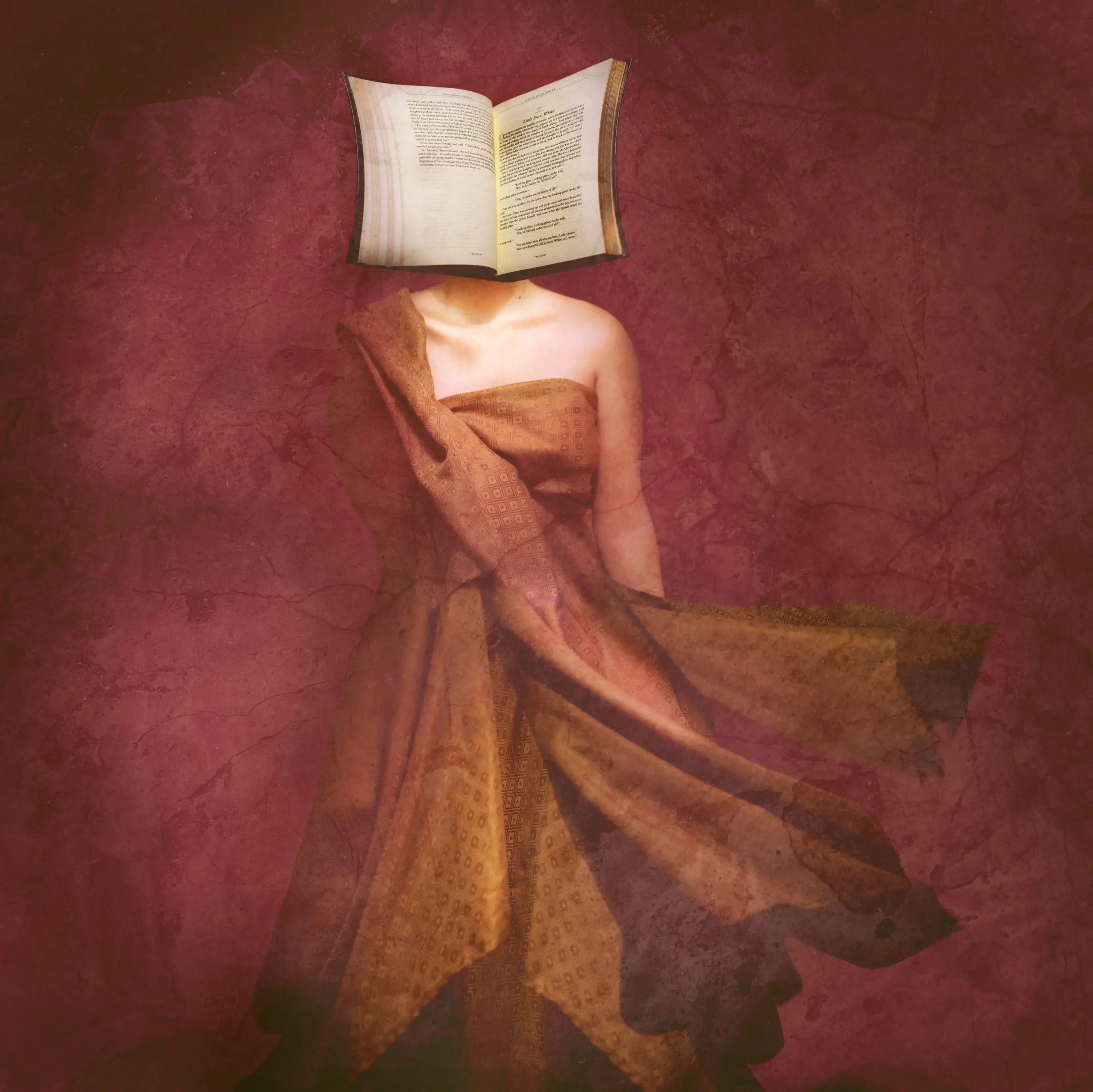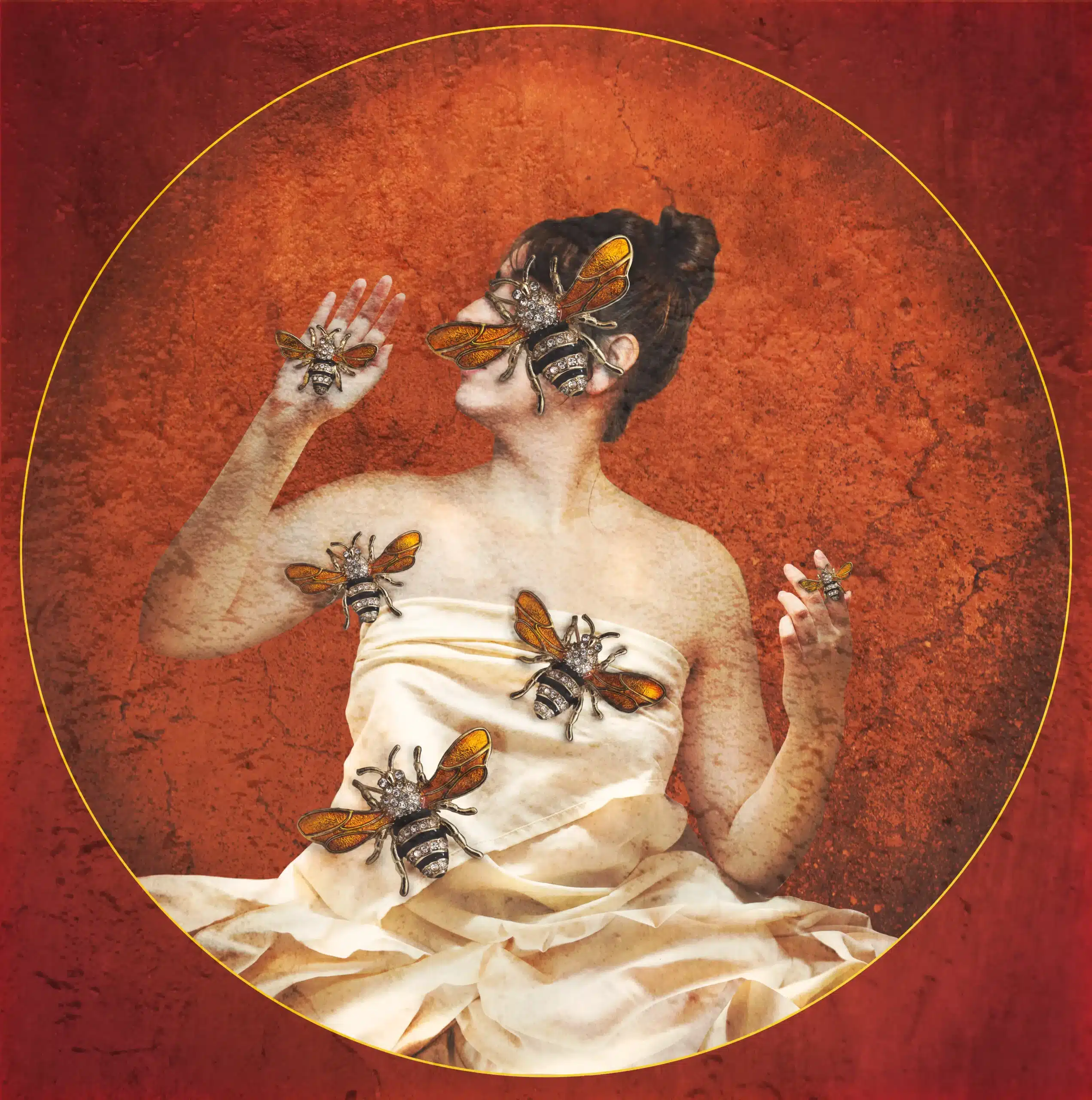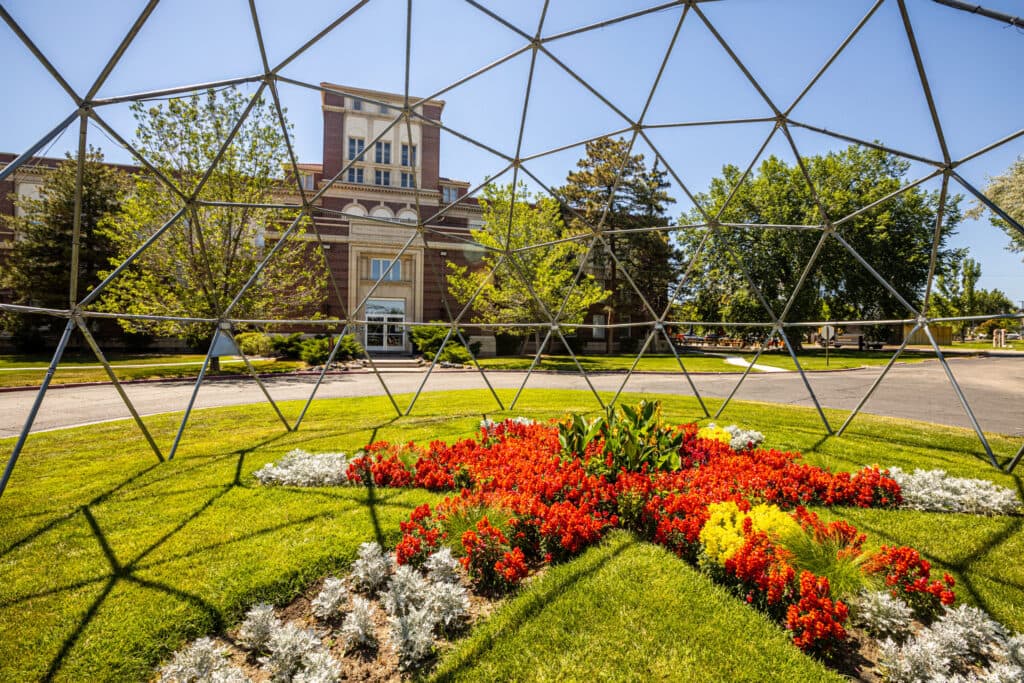Photography Degree
Bachelor of Fine Arts
"*" indicates required fields
PHOTOGRAPHY DEGREE PROGRAM OVERVIEW
As a photography degree student at RMCAD, you’ll be immersed in the conceptual, practical, narrative, and aesthetic aspects of photography while learning the important technical, ethical, and professional skills necessary for a career as a photographer. Our degree in photography has an all-encompassing approach to prepare you for a multitude of career paths in the photography industry.
Throughout the bachelor’s degree in Photography Program, you’ll learn from passionate faculty with professional backgrounds throughout the photography industry. Students explore the relationship between photographers and client based industries that rely on their skills through project based assignments that mirror professional practice.
In-depth portfolio reviews at the Sophomore, Junior, and Senior levels provide an evolutionary context in preparing students for professional practice. Photography degree students graduate with an understanding of business management and a compelling portfolio that is a direct reflection of their unique vision!
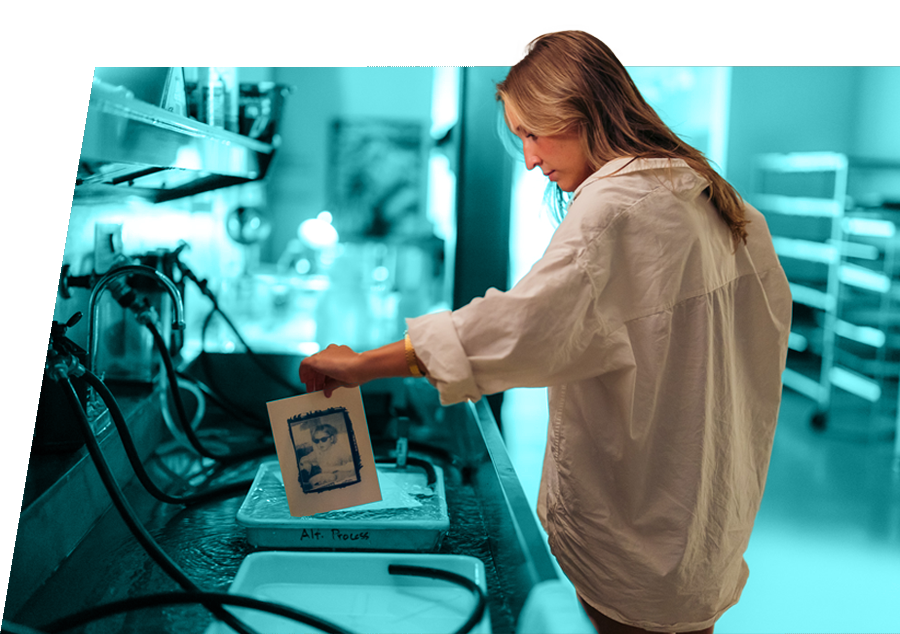
SKILLS YOU'LL LEARN

Visual Storytelling

Cinematography + Video

Post Production

Lighting

Professional Photography

Marketing + Business Operations
STEPS TO ADMISSION

1
Complete your artist meeting with an admissions counselor.

2
Submit an admissions application.

3
Create and submit your portfolio to be considered for a scholarship.

4
Submit official high school and college transcripts (for transfer students).

5
Submit the current year’s FAFSA and other financial aid documentation.
ACCREDITATION



TUITION + FINANCIAL AID
At RMCAD, we understand that investing in a college education is a major decision and a major investment. That’s why we offer competitive, affordable tuition when compared to other art and design colleges. Students’ tuition rates are locked in at the time of their initial start date and will not increase as long as they remain enrolled in their program!
PHOTOGRAPHY DEGREE COURSE DETAILS
RMCAD’s photography degree classes are designed to help students develop important technical photography skills —from darkroom techniques and processes to portrait-style and landscape photography and more. Our degree curriculum also covers the business management and marketing aspects of photography.
*RMCAD offers classes year-round in both on-campus and online delivery formats. At RMCAD, we believe that online learning is an important part of the overall college learning experience. To provide students multiple scheduling options, diverse learning modalities, and experience in the virtual environment, all on-campus students are required to take part in some online education.
*This section does not include a full list of courses for this program.
Photography Courses (54 Credits)*
PH 1000
Survey of Photography
(3 Credits)
PH 1100
Photography Principles
(3 Credits)
PH 2150
Cinematography I
(3 Credits)
PH 3150
Professional Practices: Marketing
(3 Credits)
PH 3450
Advanced Digital Post Production
(3 Credits)
PH 4150
BFA Senior Portfolio Thesis
(3 Credits)
Liberal Arts Courses (45 Credits)*
AH 1110
Art Historical Methods + Theories
(3 Credits)
EN 1110
Composition I
(3 Credits)
HU 2212
Modern + Contemporary World History
(3 Credits)
MA 1221
The Art of Math
(3 Credits)
The Liberal Arts curriculum is an exciting part of every student’s academic and creative journey at RMCAD. These courses provide the opportunity for students to engage with complex questions and ideas to develop critical thinking skills, a global consciousness, and awareness of art historical foundations that are essential for their intellectual, creative, and personal growth.
Foundations Courses (18 Credits)*
FD 1020
2D Design: Elements + Principles
(3 Credits)
FD 1235
Observational Drawing
(3 Credits)
FD 2130
3D Design: Space + Materiality
(3 Credits)
FD 2220
Time-based Media
(3 Credits)
Foundation Studies educates students in the development of creative studio practice by fostering individualized and collaborative learning that emphasizes cultural engagement, process, critical thinking, and visual literacy.
Studio Electives (6 Credits)
PH 3725
Architectural Photography
(3 Credits)
PH 3750
Fashion
(3 Credits)
PH 3825
Photojournalism
(3 Credits)
PH 4250
Special Topics in Photo Media
(3 Credits)
TECH + TOOLS
A photographer must be equipped with the right tools, but that doesn’t necessarily mean equipment. RMCAD’s Photography Degree Program prepares students by teaching photography fundamentals such as:
● Lighting
● Digital imaging
● Photographic composition
● Color theory
● Portrait photography techniques
● Post-production editing
● Color management + digital workflow
● Experimental photographic processes
● Video production
● Photographic tools powered by Artificial Intelligence
To make sure you have what you need for your photography degree education, campus students have access to RMCAD’s well equipped Light Box Photo Studio, darkroom, digital print lab, and an array of equipment to borrow. All students also receive software licensing, a LinkedIn Learning subscription, LMS access, electronic library resources, cybersecurity, mental health counseling, and tutoring services through semester fees.
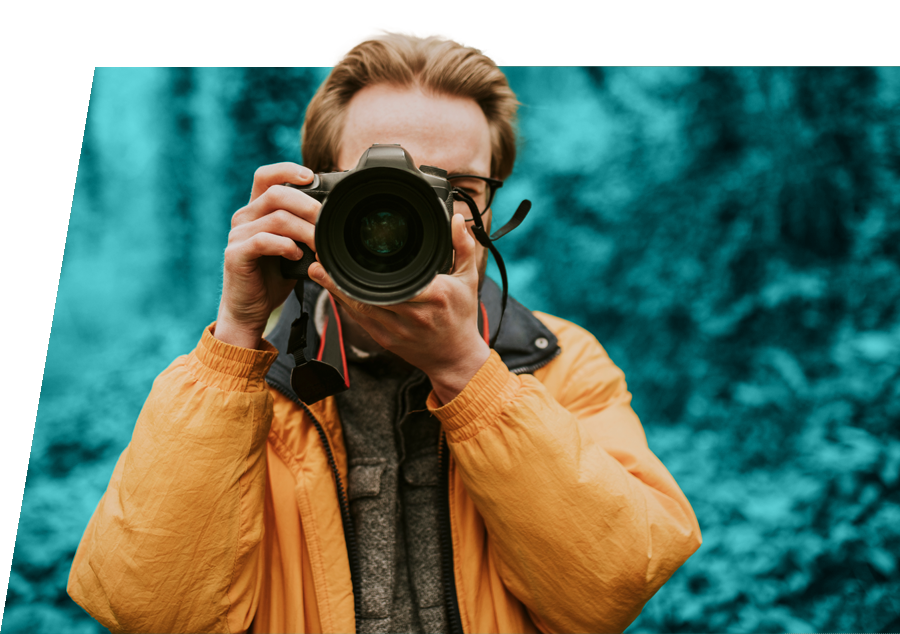
Photography Stories
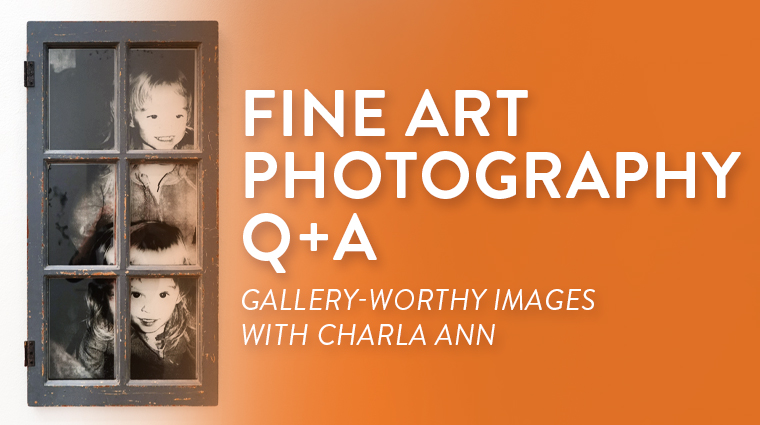
Fine Art Photography Q+A: Creating Gallery-Worthy Images with Charla Ann
Fine Arts student, Charla Ann, will be the first to tell you she isn’t much of a photographer, so why is her show “Mnemosyne” full of dozens of photographs from her life? “Mnemosyne” was on
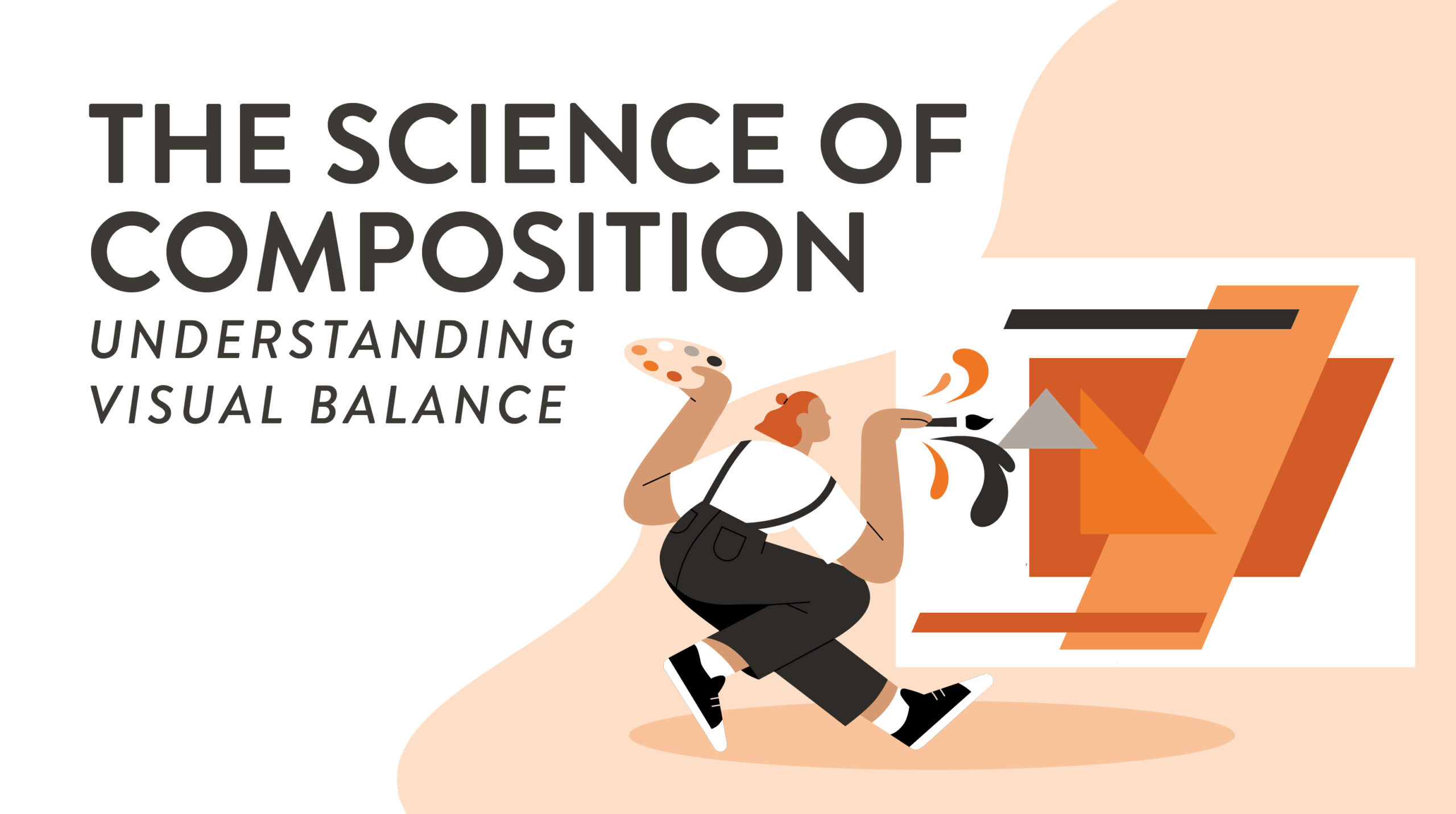
The Science of Composition: Understanding Visual Balance
Understanding visual balance is a skill that can take a photographer’s work from novice to advanced with the help of proper guidance and technique. Whether it’s out in the field practicing the rule of thirds

Maximizing Your Digital Photography Certificate: Career Paths and Opportunities
Interested in a career as a photographer but aren’t quite ready to commit to a full-fledged photography degree program? You may want to instead consider a digital photography certificate program, which can help you build
PHOTOGRAPHY CAREERS
In today’s very visual world, there are so many opportunities for talented photographers. Graduates with a RMCAD Bachelor’s Degree in Photography can pursue exciting careers.
Advertising Photographer
Advertising photographers capture promotional images to be used in marketing campaigns. Their work can be featured in magazines, direct-mailers, packaging, on websites, and out-of-home purposes like billboards, bus stop signage, and more.
Architectural Photographer
An architectural photographer captures images of buildings, structures, and the spaces they inhabit, with a variety of purposes in mind from promotional to artistic.
Aerial/Drone Photographer
An aerial photographer captures images from above by flying in helicopters or airplanes. They may also capture images from the ground using a drone. Their clients exist in many sectors from real estate, to entertainment production and land development.
Digital Retoucher
A digital retoucher is part of a production team. They take raw photographs, review them, and use computer imaging software to edit.
Portrait Photographer
Portrait photographers capture images of subjects ranging from individuals to pets, families and other groups. Their work can be used for keepsakes, company websites, school photos, headshots, or to tell a story. Portrait photographers often edit their work and allow the client to select their favorites.
Cinematographer
A cinematographer works closely with the Director and determines the visual style of a production. They often lead the work of camera and lighting crews to ensure that the film aligns with the Director’s vision and expectations. Their work may be used in movies, television, advertisements, or documentaries.
Filmmaker
A filmmaker manages many essential elements of the creation of a film, from start to finish. This may include initial concept planning, budgeting, script development, hiring of cast and crew, production, and distribution of a film.
Photojournalist
A photojournalist captures images of newsworthy events to accompany stories. Their work is often seen in the news, magazines, and event coverage.
FREQUENTLY ASKED QUESTIONS
What is the focus of the Photography Degree Program at RMCAD?
The program focuses on conceptual, practical, and aesthetic aspects of photography while teaching technical, ethical, and professional skills.
What career opportunities are available for photography graduates?
Graduates will acquire the knowledge and skills to start careers in advertising, photojournalism, fashion photography, portrait photography, digital retouching, and more.
What are the key components of the Photography Program?
Key components include visual storytelling, cinematography, video, post-production, lighting, professional practices, and business operations.
What skills will students learn in the Photography Program?
Students will learn lighting, digital imaging, photographic composition, color theory, portrait techniques, and post-production editing.
How does RMCAD support photography students?
RMCAD offers small class sizes, well equipped facilities, hands-on projects, and opportunities to showcase work. Photography students can also utilize the campus’ Light Box Photo Studio and darkroom.
What are the admission requirements for the Photography Degree Program?
Applicants need a high school diploma or equivalent and completion of the college’s application process. To be considered for a scholarship, students will also need to create and submit a portfolio of artwork.
What kind of portfolio should students submit for the Photography Program application?
A portfolio showcasing your best work, including examples of different photographic styles and techniques.
What software and tools are used in the Photography Program?
Photography students are required to have their own DSLR camera, and also use lighting equipment and software like Adobe Photoshop and Lightroom. For more information on program materials, visit here.
Can students visit the campus to learn more about the Photography Program?
Yes, prospective students can schedule campus tours, attend info sessions, and explore program materials on RMCAD’s website.
What are the Liberal Arts requirements in the Photography Program?
The curriculum includes courses that develop critical thinking, global consciousness, and information literacy.
What are the Foundations requirements in the Photography Program?
Foundation courses enable students to refine essential skills, get comfortable with the tools they’ll use throughout their program, and study relevant basics— including composition and color theory. These courses facilitate ideation and collaboration.
What kind of student work is produced in the Photography Program?
Students create diverse works including portraits, landscapes, editorial photography, and conceptual pieces.
What is the importance of post-production in the Photography Program?
Post-production is crucial for enhancing images and realizing the photographer’s vision through editing and retouching techniques.
Are there opportunities for students to showcase their work?
Yes, students can participate in exhibitions, portfolio reviews, and online showcases to display their work. Students can also have their work featured in the Focal Point Gallery, a showcase of work by RMCAD photography students, available virtually and on display in the EPIC building.
What makes RMCAD's Photography Program unique?
The program’s combination of technical training, conceptual development, and professional practices, especially coursework in marketing and business operations, sets it apart.
WHY WAIT? APPLY NOW
PH 3725
Architectural Photography
(3 Credits)
PH 3750
Fashion
(3 Credits)
PH 3825
Photojournalism
(3 Credits)
PH 4250
Special Topics in Photo Media
(3 Credits)





